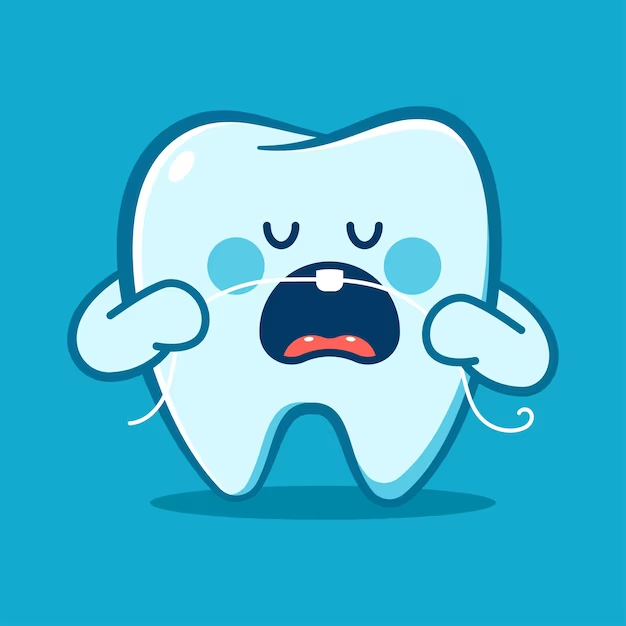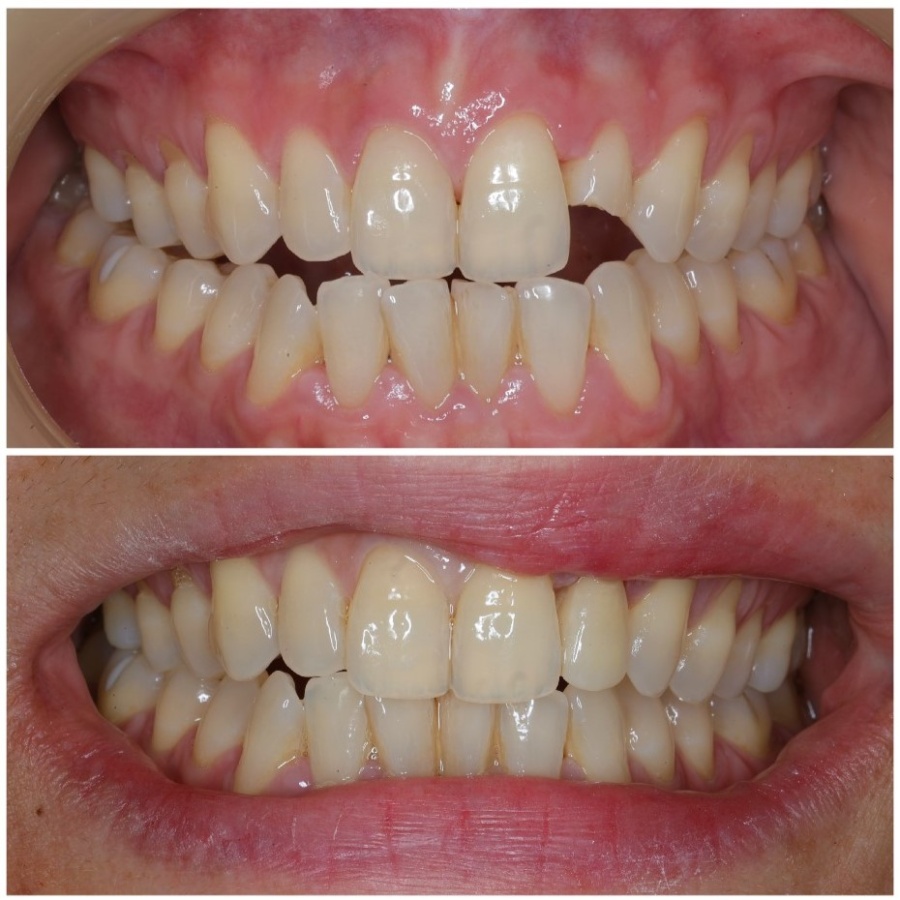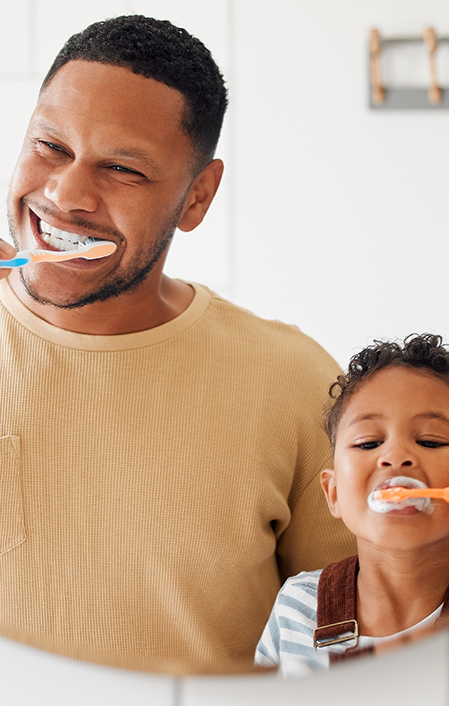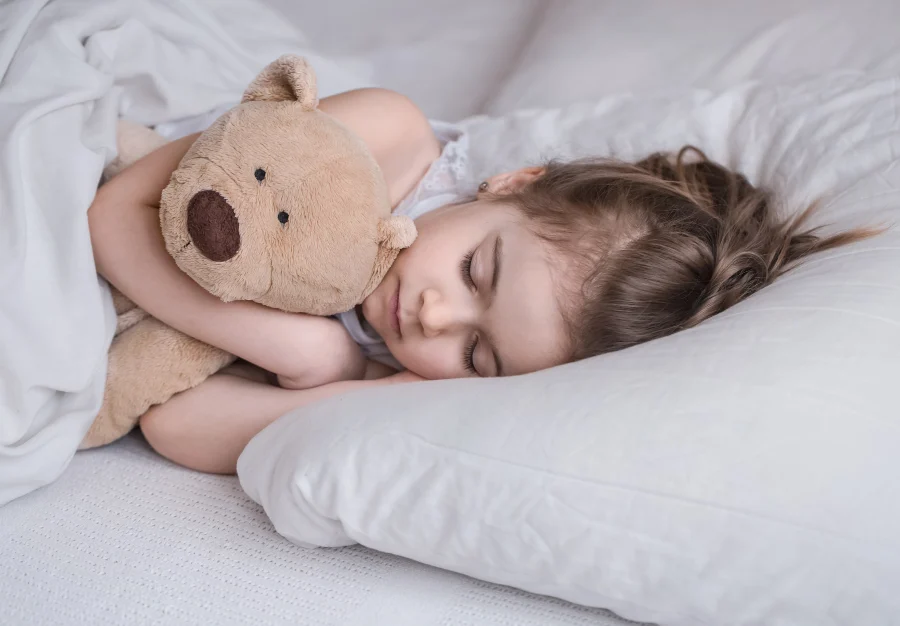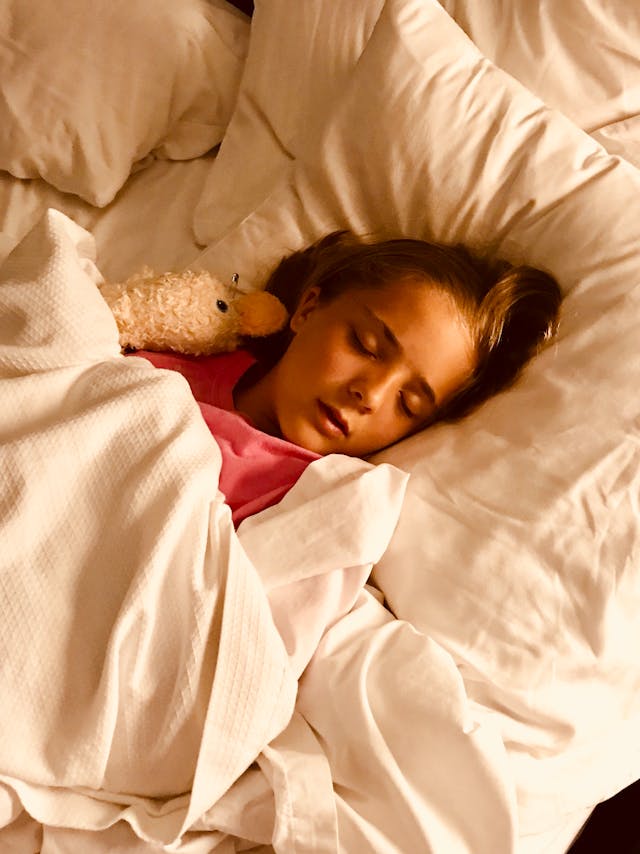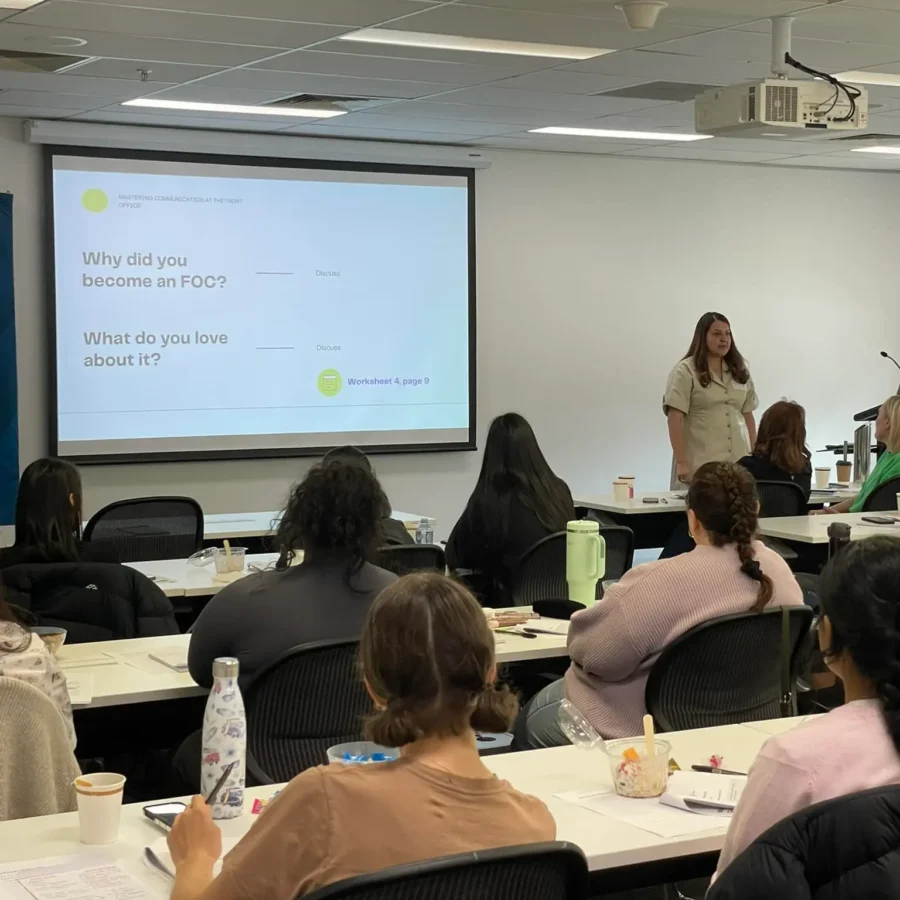Oral Health tips for Babies and Toddlers
A good oral health routine from when your children are young is very important in establishing good oral hygiene habits. In this blog, we will discuss our top oral health tips for babies and toddlers, helping you to ensure they develop beautiful, healthy smiles.
Breastfeeding
For this Oral health tips blog, we won’t go into detail when it comes to breastfeeding and bottle feeding, however it is commonly accepted that if you can breastfeed, this is best for your baby. Breastfeeding in particular allows your baby to develop proper tongue placement and suckling habits – which is great for the development of their jaws. Read more about this here.
In the first 6 months of your baby’s life, breast milk or infant formula provides all the nourishment they need. Once your baby has finished feeding, it’s important to remove them from the breast or bottle.
Sleeping with a bottle
When babies fall asleep with a bottle, some of the milk remains in their mouth and on their teeth. Because this can cause tooth decay, and also increase the risk of choking and ear infection. We recommend that you do not allow your child to bring the bottle to bed. Furthermore, this can have a detrimental effect on the shape of the jaws if your child suckles on the teat the whole night – this constant pressure can reshape the jaw into a narrow, V-shaped arch with a large overjet.
Using Cups from 6 months of age
Between 6 and 12 months, your baby can progress from drinking from a bottle to a cup. When babies reach the age of 12 months, they should only drink from a cup. There are lots of different cups out there, including the non-spill versions. Using a cup discourages the improper placement of the tongue, again changing the shape of the upper jaw and tongue thrusting.
Water is the best drink for everyone
Water should be your toddler’s go-to drink, making sure they drink tap water throughout each day. For babies aged under 12 months, tap water should be boiled and cooled before drinking.
In Melbourne, our water is fluoridated, which helps protect teeth from decay. In contrast, most shop-bought bottled water doesn’t contain fluoride.
Drinking Milk
Milk is a good source of calcium which helps make teeth strong and healthy. While babies under 12 months should be drinking breastmilk or infant formula, children aged 1 to 2 years can drink plain full fat cow’s milk.
After 2 years of age, low-fat milk is suitable. Note that flavoured and formula milk may have added sugar which can cause tooth decay.
Nobody needs fruit juice or sweet drinks
Fruit juice and sweet drinks can greatly increase the risk of tooth decay and are not recommended for children under 12 months. Important to note, fruit juice with ‘no added sugar’ still contains natural sugar, which can also cause tooth decay. Diet soft drinks contain acids which can also damage teeth. Sweet drinks that should be avoided completely include soft drinks, fruit juice, sports drinks, cordial, tea drinks, fruit drinks and energy drinks.
Healthy meals and snacks are important for healthy teeth
From 12 month of age, children should be enjoying a wide variety of healthy foods, similar to the rest of the family’s diet. They learn about eating food from watching their parents and other family members and so it’s important to set a good example and create healthy habits. Solid foods are also important for jaw development (improving the jaw shape, size and muscles).
Another interesting fact is that babies don’t have a preference for sweetness. With many common foods containing sugar, it’s actually something they become accustomed to when they consume sweet foods and drinks regularly. We recommend avoiding anything sugary in their formative years.
Cleaning your baby’s teeth when they appear
As your baby’s teeth erupt, you can begin cleaning them by wiping them with a soft cloth or brushing with a small toothbrush and water. At 12 months, you can begin using a pea-sized amount of low-fluoride toothpaste to brush your child’s teeth. Make sure they spit out the toothpaste after brushing but do not rinse. Some children take a while to get used to spitting out so monitor this closely before proceeding to the next type of toothpaste.
Most children will need an adult to help them brush their teeth and gums twice a day until they reach 7 to 8 years old. Remember, you can floss your babies teeth even if there are lots of gaps. It’s important to establish good oral hygiene habits early.
Book your child in for a dental visit at or before 2 years of age
Your toddler’s first oral health assessment can be provided by a dentist, oral health professional, child health nurse or doctor. Beginning regular check-ups from the age of 2 enables any dental problems to be identified early and treated in its early stages. We also encourage taking X-rays and cleaning their teeth professionally early – which helps develop good oral hygiene habits. Oral Health tips for Babies and Toddlers are important for all parents to know.
Oral health is important for the whole family
Babies are not born with the bacteria that causes tooth decay. Did you know that often parents and carers pass this bacteria to babies? To help prevent this, we recommend that:
- Everyone in the family brushes their teeth twice a day with their own toothbrush. Don’t forget about the flossing!
- Everyone (including pregnant women) have a regular dental check-up so that any tooth decay can be promptly treated.
- Try to avoid putting anything in your baby’s mouth if it’s been in your mouth. For example, sharing spoons or cleaning dummies by putting them in your mouth.
How Cranbourne North Dental Can Help With Your Teeth
At Cranbourne North Dental, we are committed to providing expert care to effectively address your kid’s teeth and gum health. Our approach begins with personalised assessments, where we thoroughly examine your symptoms, jaw, teeth, and bite alignment to identify the root cause of your discomfort.
Using advanced dental technology, we ensure accurate diagnostics to guide the most effective treatment plan. Throughout the process, our compassionate team offers ongoing support, guidance and follow-up care. If you want to learn more about Oral Health tips for Babies and Toddlers, contact us to organise a visit to check your oral health and overall wellbeing with patient-focused, professional care.



